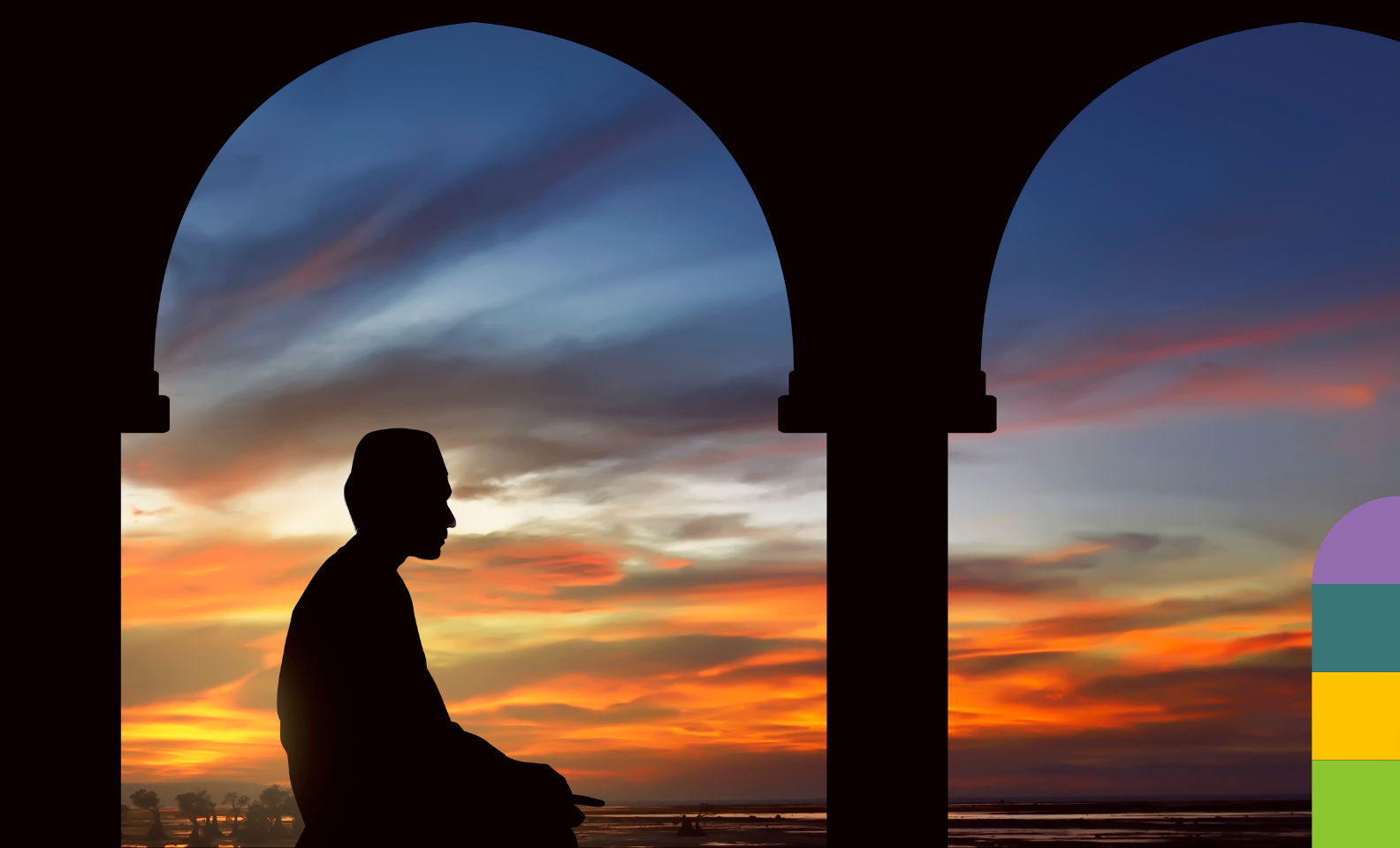Accessible Ways of Observing Ramadan
Ramadan is a Holy month in the Islamic Calendar in which all Muslims across the globe observe. It is one of the five Islamic pillars, and is a special time of fasting, prayer, and reflection for those practicing. During Ramadan, Muslims abstain from food, drink, immortal acts and other physical needs, from sunrise to sunset for one whole month.
Whilst Ramadan is period of reflection followed by celebration through Eid ul Fitr, it can often be a period of worry and angst for those who are unable to engage in the practices associated with the holy month. This is of considerable note for those with disabilities, who are often unable to observe the fasting pillar due to their health requirements.
When does Ramadan Occur?
Ramadan in 2023 is expected to begin on the evening of Wednesday, March 22nd, and end on the evening of Thursday, April 21st. However, the exact dates may vary slightly depending on the sighting of the moon.
This is because the timing of Ramadan is the nineth month, which is determined by the Islamic lunar calendar, which is based on the lunar cycles of the moon. The Islamic calendar, also known as Hijri calendar, consists of 12 lunar months, with each month beginning at the sighting of the new moon, each month with 29 or 30 days, which means that Islamic lunar year is about 11 days shorter than the Gregorian calendar year. The Gregorian calendar, on the other hand, is the calendar we as a society operate by, is based on the time it takes for the Earth to orbit the sun.
Muslims use the Islamic calendar to mark important dates such as Ramadan’s beginning, Eid al-Fitr’s end, and the Hajj pilgrimage’s beginning and Eid al-Adha’s end.
Those unable to fast during Ramadan
Fasting during Ramadan is obligatory for those who practice the religion. But there are exceptions for those with disabilities. Islam emphasises the importance of kindness and compassion, and a person with disability must be given provision of alternatives to observe the Holy month. Those practicing are encouraged to make necessary arrangements for those who may not be able to participate in the fast in the same way as others. The Holy Qur’an outlines the same exemptions of fasting for those who are sick, travelling, pregnant and breastfeeding as well.
One of the concerns often shared by individuals with disabilities, or those who fall within the except fasting group is the guilt they are often shadowed with for not partaking in the fasting during Ramadan. This, more often than not, comes down to a lack of education and understanding from the community as to the religion of Islam itself. This amplifies the guilt felt by the disabled, vulnerable, and ill who are unable to fast, making them believe that their non-fasting is by choice or that their desire to eat is greater than their religion’s obligation.
Practicing Ramadan for those with Disabilities
We as a society should be very mindful of saying something to a person with a disability that could potentially make them feel lesser for not engaging in the fast component of Ramadan. Instead, we must normalise the limitations of those who are unable to fast, and instead embrace with them, the alternative ways they choose to observe the holy month.
There are many people who, due to their disability or poor health, hide the fact that they cannot fast because they feel ashamed and embarrassed even among family members. This is more so prevalent with those who live with invisible disabilities such as arthritis or depression, and who are on high doses of medication due to chronic pain (as an example). Hence, people will often sneak food and water when they are alone, or in the company of trusted ones. It is this stigma, amongst many others, that the Islamic community is working hard to crush.
Other ways those with disabilities can practice Ramadan Rituals
While Muslims with disabilities may not be able to fast, they can still practice the Ramadan rituals with other alternatives. They are encouraged to engage in prayers and recitations of the Holy Qur’an, which is major practising during Ramadan. If they cannot go to the Masjid (a mosque), they can always pray in their home at their own ease.
Muslims can also contribute to charity and kindness, which are fundamental duties in the month of Ramadan. Instead of fasting, it is encouraged to give food, donations and charity to the people who are in need, who cannot afford basic necessities.
Accessible Masjids (mosques) are being made for individuals with physical disabilities to access mosques and participate in communal prayers. Muslims with visual impairments can request Braille copies of the Qur’an, and those with hearing impairments can request sign language interpreters.
Each disabled person is unique and faces their own set of challenges. It is important that they receive assistance when needed and practise the Islamic pillars in ways that spiritually fulfil them. All aspects of Ramadan activities should include and welcome Muslims with disabilities. They must feel valued and supported, and their unique experiences must be acknowledged and respected.
As it is said in the Holy Qur’an by prophet Muhammad (PBUH):
“don’t stare at people.“
This has been interpreted to mean that we should not be disrespectful to those with disabilities, stare at them or ask questions. It is important to be respectful to others and treat them as your equal – an underlying foundation of the Islamic Faith.




